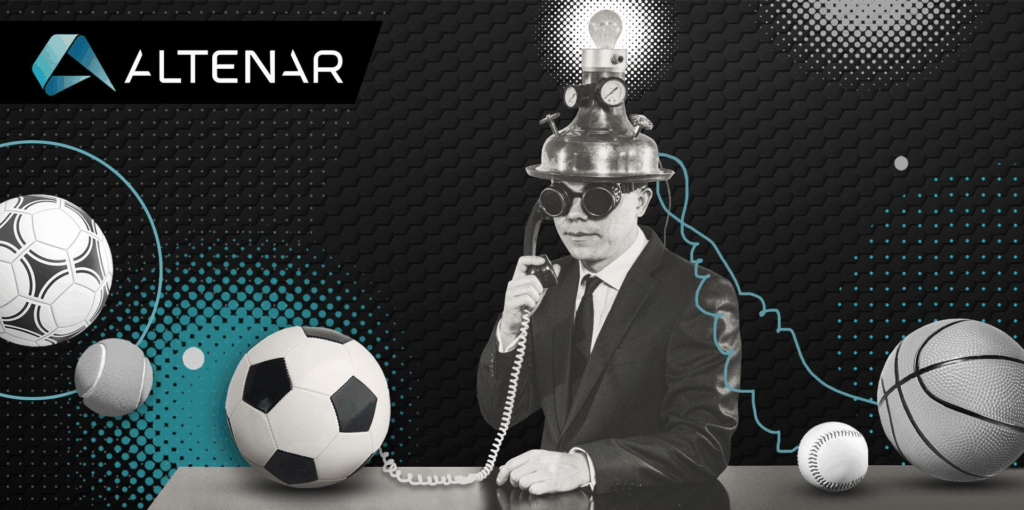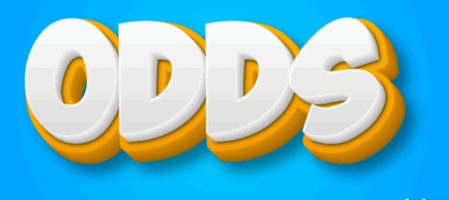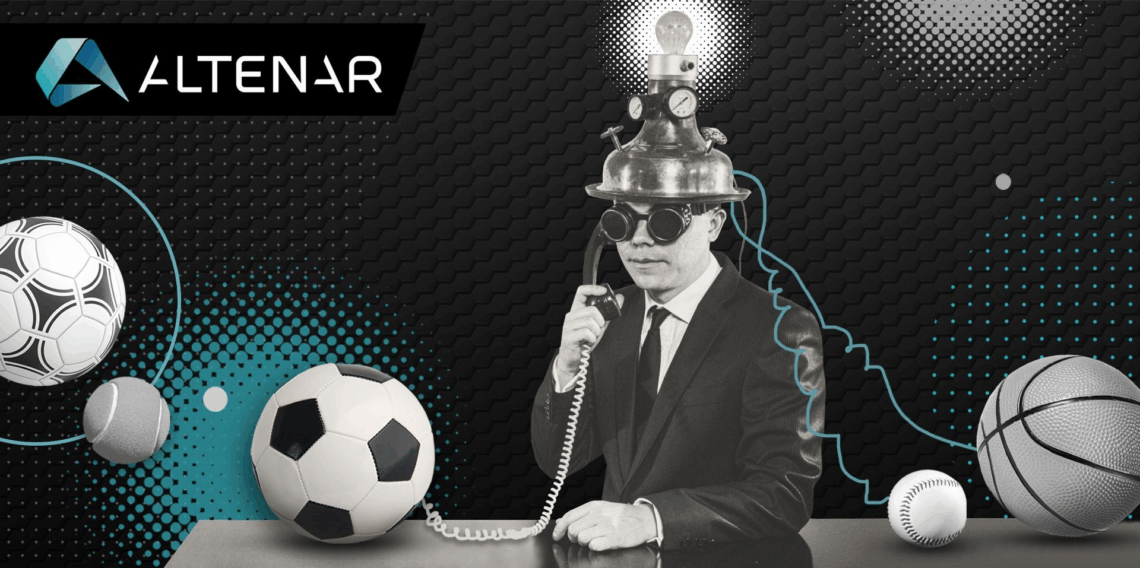In the high-stakes world of sports betting, we often picture the successful bettor as a calculating analyst, meticulously evaluating statistics and making purely rational decisions. The reality, however, is far more complex. Even the most experienced bettors fall prey to cognitive biases – systematic errors in thinking that affect the decisions and judgments we make. Understanding these psychological traps is crucial for anyone looking to improve their betting outcomes in the long run.
The Illusion of Control
Perhaps the most pervasive cognitive bias in sports betting is the illusion that we have more control over outcomes than we actually do. This phenomenon manifests in several ways among Filipino bettors and those worldwide.
“Hot Hand” Fallacy
Many bettors believe they can sense when they’re on a winning streak, leading them to increase their bet sizes or take on riskier wagers. This “hot hand” fallacy – the belief that success begets success – ignores the statistical reality of independent events.
A bettor who correctly predicts three basketball games in a row might feel they have “momentum” or special insight, failing to recognize that each game remains an independent event. The previous wins have no causal influence on future outcomes, yet our brains are wired to see patterns and connections even where none exist.
Expertise Overconfidence
Regular sports viewers often overestimate their expertise. Watching hundreds of basketball or boxing matches creates a feeling of mastery that may not align with actual predictive ability. This false confidence leads to:
- Overvaluing subjective impressions (“This team looks hungry today”)
- Undervaluing statistical anomalies and regression to the mean
- Failing to account for information they don’t have (insider knowledge, injury details)
Research consistently shows that confidence in predictions has surprisingly little correlation with accuracy in sports betting contexts.
Confirmation Bias: Seeing What We Want to See
Once we form an opinion or place a bet, our brains work tirelessly to confirm we made the right choice. This confirmation bias leads us to:
- Seek out information that supports our existing bets
- Dismiss or downplay contradictory evidence
- Misinterpret ambiguous information in ways that confirm our positions
For example, a bettor who backs Team A might obsessively read positive articles about that team while scrolling past negative analyses. When the team wins, they attribute it to skill and research; when they lose, it’s bad luck or unforeseen circumstances.
The Echo Chamber Effect
Social media and betting forums amplify confirmation bias by creating echo chambers where similar opinions reinforce each other. Filipino bettors active in betting communities often encounter the same picks and analyses repeatedly, creating an illusion of consensus that may not reflect the true probabilistic landscape.

Loss Aversion and the Sunk Cost Fallacy
The pain of losing is psychologically more powerful than the pleasure of winning. Research suggests losses are felt approximately twice as strongly as gains of the same magnitude. This loss aversion drives several problematic betting behaviors:
Chasing Losses
When facing losses, bettors often make increasingly risky wagers in attempts to “get even.” This behavior disregards core principles of bankroll management and often leads to catastrophic results. The psychological need to avoid ending a session at a loss overrides rational decision-making.
The Sunk Cost Fallacy
Bettors frequently struggle to abandon their original position even when new information should change their assessment. Having already invested time researching a bet or money placing it, they feel compelled to “see it through” rather than cutting losses.
Consider a bettor who places a wager on a basketball team, then learns the star player is questionable with an injury. Rather than reassessing or hedging, many will stick with their original bet, thinking, “I’ve already committed to this team.”
Anchoring Bias: The Power of First Impressions
The first piece of information we encounter serves as a powerful anchor for subsequent judgments. In sports betting, this manifests in several ways:
Opening Lines as Anchors
The initial betting lines released by bookmakers strongly influence how bettors perceive value, even as those lines move. A bettor who sees Team A as a 7-point favorite might still perceive value when the line moves to 5 points, not because of intrinsic value but because the initial 7-point spread serves as an anchor.
Recent Performance Anchoring
A team’s most recent performances disproportionately influence bettors’ perceptions. A previously strong team coming off two poor performances is often undervalued, while a historically mediocre team on a short winning streak becomes overvalued. This recency bias ignores larger sample sizes and regression to the mean.
Availability Heuristic: Overvaluing Memorable Events
We give disproportionate weight to information that comes readily to mind, especially dramatic or emotionally charged events. This availability heuristic leads to predictable betting errors:
Spectacular Plays and Memorable Moments
A quarterback’s spectacular 60-yard touchdown pass might stick in a bettor’s memory more than the three interceptions he threw in the same game. These highlight-reel moments create cognitive shortcuts that overvalue certain players or teams.
Media Influence
Teams and players that receive more media coverage become “available” in our minds, leading to betting preferences that may not align with actual probabilities. In the Philippines, teams with larger fan bases and media presence often receive disproportionate betting action regardless of their true chances.
The Gambler’s Fallacy
The gambler’s fallacy – believing that past independent events affect future probabilities – remains one of the most persistent biases in sports betting.
Regression Misunderstanding
Many bettors fail to properly understand regression to the mean. A team that has an unusually strong shooting performance in one basketball game is likely to perform closer to their average in subsequent games. Yet bettors often expect the exceptional performance to continue or, conversely, expect an immediate “correction” in the opposite direction.
Streak Breaking Expectations
The belief that a long streak is “due” to end influences betting decisions, despite the statistical independence of most sporting events. A boxer who has won eight straight fights isn’t mathematically more likely to lose his next fight simply because “he’s due for a loss.”
Outcome Bias: Judging Decisions by Results
Perhaps the most damaging cognitive bias for long-term betting success is outcome bias – judging the quality of a decision solely by its result rather than the process used to make it.
Confusing Good Bets with Winning Bets
A well-researched bet with positive expected value remains a good bet even if it loses. Conversely, a poor decision-making process can occasionally lead to winning bets. Bettors who evaluate their betting prowess solely on outcomes rather than process are destined for long-term disappointment.
The Role of Variance
Short-term results in sports betting contain significant variance – random fluctuations that can mask the quality of the underlying decision-making. Bettors who understand this maintain consistent processes even through losing streaks, while those susceptible to outcome bias constantly change strategies based on recent results.

Overcoming Cognitive Biases
While completely eliminating cognitive biases is impossible, awareness and structured approaches can mitigate their effects:
Keep Detailed Records
Maintain a betting journal that records not just bets and outcomes but reasoning, emotional state, and confidence level. This creates accountability and helps identify patterns of biased decision-making.
Establish Pre-Commitment Rules
Set rules for bankroll management, bet sizing, and betting criteria before events begin. These guardrails prevent in-the-moment emotional decisions.
Seek Disconfirming Evidence
Actively search for information that contradicts your betting inclinations. Ask, “Why might this bet lose?” rather than seeking only confirming evidence.
Create Delay Periods
Institute mandatory waiting periods between identifying potential bets and placing them, allowing for more objective analysis.
Collaborate and Discuss
Engaging with other thoughtful bettors helps identify blind spots in your reasoning and exposes you to perspectives you might otherwise miss.
The Wisdom of Recognizing Our Limitations
The most successful sports bettors are not those who eliminate all biases, but those who acknowledge their limitations and build systems to compensate for them. Psychological humility – recognizing that our minds are prone to systematic errors – is ultimately more valuable than any specific betting strategy.
By understanding the cognitive biases that affect sports betting decisions, Filipino bettors can develop more robust approaches that lead to better outcomes over time. The journey from reactive, emotionally-driven betting to strategic, process-focused decision-making begins with recognizing the psychological traps that ensnare even the most experienced bettors.
Common Questions About Betting Psychology
Can cognitive biases ever work in a bettor’s favor?
Occasionally, certain biases might accidentally lead to value bets, particularly when they cause the broader market to misprice events. However, relying on bias-driven decisions remains a losing strategy long-term.
Are professional bettors immune to cognitive biases?
No one is completely immune, but professional bettors typically implement systems that reduce the impact of biases on their decision-making process, such as statistical models, strict bankroll rules, and peer review of significant wagers.
How can I tell if a bias is affecting my betting?
Track patterns in your betting history looking for emotional triggers, consistent timing of certain bet types, or inability to stick with predetermined strategies. Self-awareness is the first step toward improvement.
Recommended Resources
For those looking to deepen their understanding of the psychological aspects of betting:
- Books on behavioral economics like “Thinking, Fast and Slow” by Daniel Kahneman
- Decision-making frameworks from professional poker players who face similar psychological challenges
- Betting forums where process-oriented discussion is prioritized over results
- Sports analytics resources that provide objective counterpoints to narrative-driven betting approaches
Understanding the psychology of betting decisions isn’t just about improving results—it’s about developing a more honest relationship with uncertainty and probability. By recognizing the cognitive biases that affect our decision-making, we can build more resilient betting strategies and find greater enjoyment in the analytical aspects of sports wagering.


